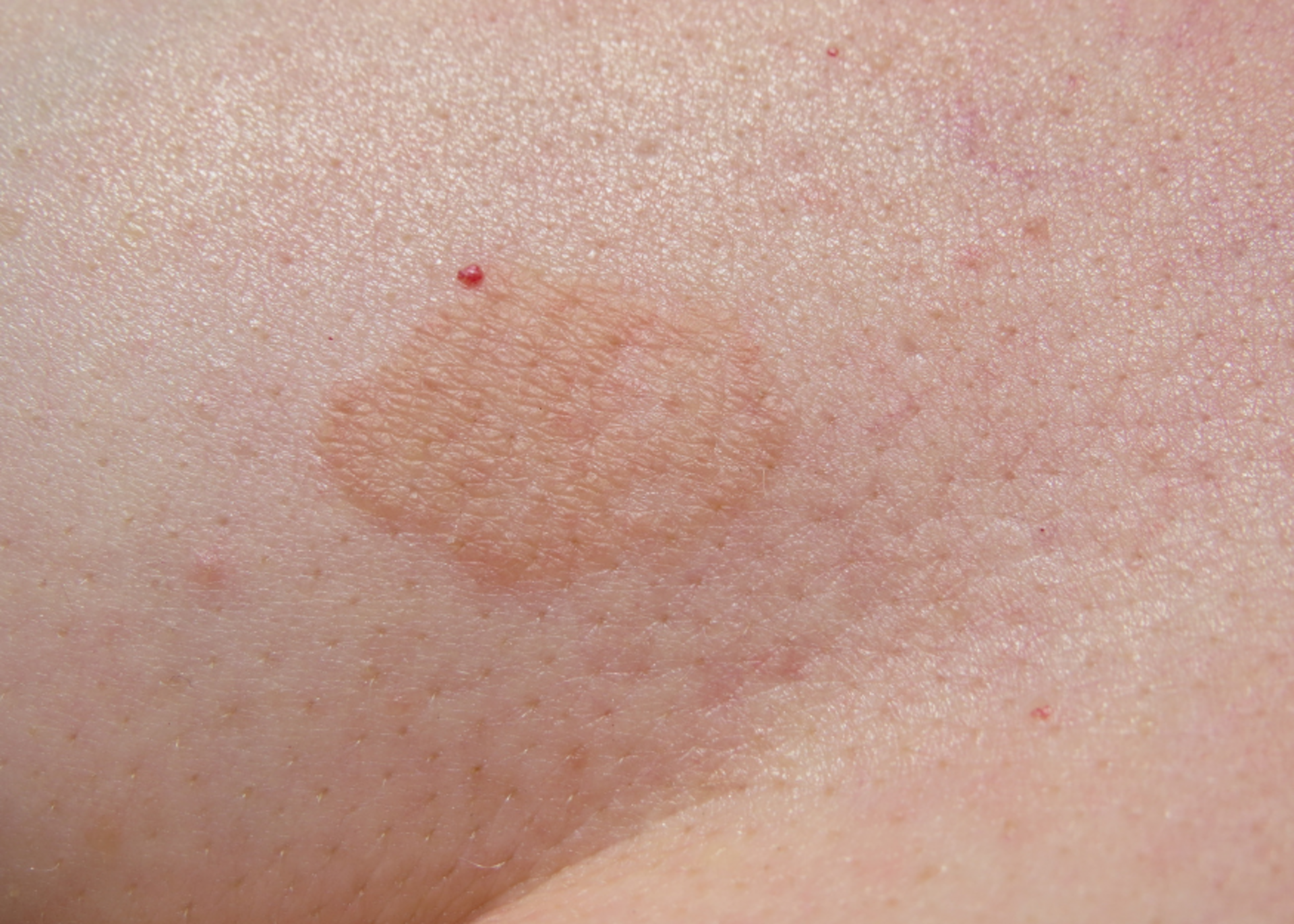Fungal infections are a common skin concern that affects millions of people worldwide. These infections occur when fungi invade the skin, nails, or hair, leading to discomfort, irritation, and in some cases, serious complications. Dr. Sandhya Hippargekar, a leading Consultant Cosmetologist & Dermatologist in Katraj Ambegaon, Pune, explains the causes, symptoms, and effective treatments for fungal infections to help patients manage and prevent them effectively.
What is a Fungal Infection?
Fungal infections are caused by various types of fungi that thrive in warm, moist environments. These infections can affect different parts of the body, including the skin, scalp, nails, and mucous membranes. While some fungal infections are mild and easily treatable, others can become chronic and require medical intervention.
Common Causes of Fungal Infections
Fungi are naturally present on the skin and in the environment, but certain conditions increase the risk of developing an infection. Some of the most common causes include:
- Warm and Humid Conditions: Fungi thrive in sweaty and damp areas, making people more susceptible to infections during hot and humid weather.
- Poor Hygiene: Lack of proper personal hygiene, such as not drying the skin properly after bathing, can create a breeding ground for fungal growth.
- Weakened Immune System: Individuals with weakened immunity due to conditions like diabetes, HIV, or prolonged use of antibiotics or steroids are more prone to fungal infections.
- Direct Contact: Fungal infections are contagious and can spread through direct skin-to-skin contact, sharing personal items (like towels, socks, or shoes), or coming into contact with contaminated surfaces.
- Excessive Sweating: Athletes and people with excessive sweating (hyperhidrosis) are at a higher risk of developing fungal infections, especially in the feet and groin area.
Types of Common Fungal Infections
Dr. Sandhya Hippargekar highlights some of the most common fungal infections that dermatologists frequently treat:
1. Ringworm (Tinea)
- Ringworm is a highly contagious fungal infection that causes red, circular, scaly patches on the skin.
- It can affect different areas, including the scalp (tinea capitis), body (tinea corporis), groin (tinea cruris or jock itch), and feet (tinea pedis or athlete’s foot).
2. Athlete’s Foot (Tinea Pedis)
- This fungal infection affects the feet, causing itching, redness, peeling, and blisters, particularly between the toes.
- It commonly occurs in people who wear tight shoes or walk barefoot in public showers and swimming pools.
3. Nail Fungus (Onychomycosis)
- Affects the toenails or fingernails, making them thick, brittle, discolored, and prone to breakage.
- It can spread from untreated athlete’s foot or due to prolonged exposure to damp environments.
4. Jock Itch (Tinea Cruris)
- Affects the groin area, inner thighs, and buttocks, leading to red, itchy, and flaky rashes.
- It is more common in men and athletes due to excessive sweating and friction in the affected area.
5. Yeast Infections (Candidiasis)
- Caused by Candida, a type of yeast that naturally exists in the body but can overgrow under certain conditions.
- It affects the skin folds, mouth (oral thrush), genitals (vaginal yeast infection), and nails.
Symptoms of Fungal Infections
The symptoms of fungal infections depend on the type and location of the infection but commonly include:
- Redness and inflammation
- Itching and irritation
- Scaly, dry, or peeling skin
- Blisters or pustules in severe cases
- Thickened, discolored, and brittle nails (for nail infections)
- White patches inside the mouth (for oral thrush)
- Treatment Options for Fungal Infections
Dr. Sandhya Hippargekar emphasizes that early diagnosis and treatment are crucial for effectively managing fungal infections. Some common treatments include:
1. Topical Antifungal Medications
- Over-the-counter (OTC) or prescription antifungal creams, lotions, powders, or sprays can effectively treat mild infections.
- Common active ingredients include clotrimazole, miconazole, terbinafine, and ketoconazole.
2. Oral Antifungal Medications
- For stubborn or severe infections, dermatologists may prescribe oral antifungal drugs like fluconazole, itraconazole, or terbinafine.
- These medications work from within to eliminate fungal growth.
3. Medicated Shampoos (for Scalp Infections)
- Special antifungal shampoos containing ketoconazole or selenium sulfide can help treat scalp ringworm (tinea capitis).
4. Lifestyle Changes and Home Remedies
- Maintain Proper Hygiene: Keep skin dry and clean, especially in moisture-prone areas like feet, groin, and underarms.
- Wear Breathable Fabrics: Opt for cotton clothes and moisture-wicking socks to reduce sweating.
- Avoid Sharing Personal Items: Do not share towels, shoes, socks, or razors with others.
- Use Antifungal Powders: Applying antifungal powder can help absorb moisture and prevent recurrence.
Preventing Fungal Infections
Prevention is always better than cure. Dr. Sandhya Hippargekar recommends the following preventive measures:
- Keep your skin dry, especially in skin folds.
- Change damp clothes and socks promptly.
- Avoid walking barefoot in public areas like swimming pools and gyms.
- Trim your nails regularly and avoid using shared nail clippers.
- Strengthen your immune system with a healthy diet and adequate hydration.
When to See a Dermatologist?
While mild fungal infections may improve with OTC treatments, you should see a dermatologist if:
- The infection persists despite home treatment.
- It spreads to multiple areas of the body.
- You experience severe itching, pain, or secondary bacterial infections.
- You have a weakened immune system and are more prone to infections.
Fungal infections are common but treatable with the right approach. By maintaining good hygiene, following preventive measures, and seeking timely medical care, you can effectively manage and prevent fungal infections. If you are experiencing persistent skin issues, consult Dr. Sandhya Hippargekar, an experienced dermatologist in Ambegaon, Pune, for expert guidance and treatment.
Read More:Acne Treatment | Dr. Sandhya Hippargekar
